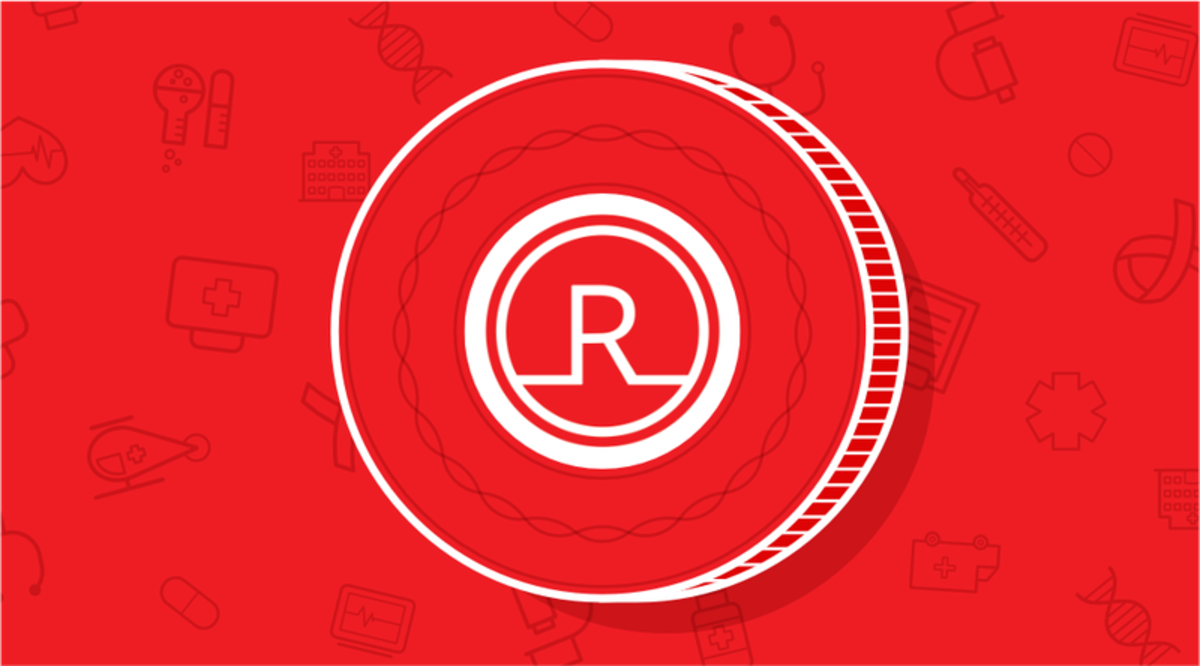
The global healthcare landscape is massive and complex. A disparate collection of medical stakeholders and infrastructure models for the delivery of medical services exists around the world. Now, with the emergence of blockchain and smart-contract technology, new possibilities for the creation of a comprehensive clinical outcome system connecting patients and providers is in play.
Firmly engaged in fostering new frontiers involving the intersection between blockchain and the healthcare space is a company known as Robomed Network. This decentralized medical network aims to provide cost-effective, quality access to medical care through its smart contract, digital token system of healthcare service providers and patients. It champions a value proposition that supports performance metrics of specific medical services and patient satisfaction.
Utilizing this cutting-edge model, patients can manage and control their healthcare data through a digital health record that doctors can access with the user’s permission. It is seen as a solution to the medical industry’s legacy systems, sparking a surge in efficiency, effectiveness and transparency.
Robomed Network hopes that patients worldwide will have access to streamlined, accessible, quality medical care targeted toward specific needs. The network is fueled by a blockchain token, designed to deliver the highest level of medical care possible. Robomed serves as the connection point between health service providers and patients through the use of smart contracts situated on top of the Ethereum blockchain network.
"Our blockchain is designed to continually expand record-keeping capacity for tracking and accumulating a comprehensive database of medical knowledge and clinical pathways used in a broad range of medical cases,” said Robomed Network’s co-founder Philipp Mironovich. “We believe that the scope of medical services rendered to patients is destined to expand as the processes for obtaining these services mature."
By way of the Robomed Network, participating in-network clinics utilize the Robomed electronic health record (EНR), a process-automation tool benefiting medical centers through highly connected medical data storage and health management tools. It brings together all participating clinics into a single space so that service providers can effectively transcend any prevailing bureaucratic, financial or legal barriers that exist.
The Robomed Network issues its own tokens to catalyze smart contract engagement between healthcare providers and patients. Over 20 clinics throughout the world have agreed to use the Robomed platform by accepting tokens as payment backed by the Robomed Network. Patients are not required to purchase RBM tokens, as they can transact in a local currency tied to the price of the Ether-based token.
One distinguishing factor between RBM tokens and many others is that RBM tokens are tied to a real-world use case. It is anticipated that these tokens will experience high marketplace demand, raising the RBM token price because of limits to the number of tokens.

Robomed will enter the market and officially launch in clinics in the second half of 2018. These clinics will be required to accept the RBM token as payment for any medical services, and smart contracts can be purchased only through these tokens.

Another important aspect of Robomed’s model is its clinical data collection. Throughout the Robomed care delivery continuum, clinics that are connected to the Robomed Network will gather more and more data about health conditions and therapeutic regimens. This data is stored by means of an EHR.
Patients have the option of providing access permission to medical organizations for use in pharmaceutical research, targeted advertising, applications, services and more. Whenever patients agree to this, they will receive RBM tokens for this data.

In terms of clinical guidelines, it should be noted that the medical database used for the Robomed Network is being constantly updated by members of the medical community. Doctors are incentivized through RBM tokens to contribute to the Robomed Network by means of voting for new and existing guidelines that will constantly improve the system.

Finally, every clinic connected to the Robomed Network can launch its own loyalty campaigns using RBM tokens as rewards. And as the number of loyal customers grows, the number of RBMs in circulation will also increase.

“Our network is fueled by Robomed tokens, which are used by the medical centers as a method of voting to decide upon the medical standards to be maintained by all providers,” said Mironovich. “Patients can also use these tokens as a form of payment at the hospitals and clinics that are part of the network. We believe that this approach holds enormous promise for transforming the barriers to efficient, quality healthcare that exist today.”
Note: Trading and investing in digital assets is speculative and can be high-risk. Based on the shifting business and regulatory environment of such a new industry, this content should not be considered investment or legal advice.










